The Google Paypal Suit and What it Means to Valley Employers.
 I don’t usually blog about law-related issues, but the recently filed PayPal suit does bring to mind the interview I gave a few weeks back regarding hiring practices in Silicon Valley. As all Employment attorneys readily will tell you, when available employee supply decreases (as is the case now), and demand rises, law suits between employers will also increase. California can be a tricky place in this regard as we do not allow non-compete clauses. In other words, any employment contract or policy containing non-complete language is unenforceable. California employees are free to move from one employer to another.
I don’t usually blog about law-related issues, but the recently filed PayPal suit does bring to mind the interview I gave a few weeks back regarding hiring practices in Silicon Valley. As all Employment attorneys readily will tell you, when available employee supply decreases (as is the case now), and demand rises, law suits between employers will also increase. California can be a tricky place in this regard as we do not allow non-compete clauses. In other words, any employment contract or policy containing non-complete language is unenforceable. California employees are free to move from one employer to another.
But, that does not stop California employers from suing anyway. The usual suit involves claims of trade secret theft. In these cases, employees are seen as having been hired solely for their knowledge of their prior company’s trade secrets—a common – and costly – way around non enforceable non-compete language.
I promise you, this is the first of many trade theft case that we’ll see this year. So, if you’ll indulge me for a minute – I’ll do something I never do on this blog, and give our readers some quasi-legal advice. Please talk to your actual lawyer before moving forward, but keep in mind, when you are looking to hire these bright, amazing Silicon Valley technologists, please consider the following steps to at the very least, minimize the potential for litigation:
1.) Include language in your offer letters that states that you expect that s/he may have been exposed to confidential business information/trade secrets while employed at his/her previous employer. Expressly state that you are requiring that s/he not use said information while employed by you, and ask that s/he let you know immediately if any conflict or compromising situation arises.
2.) Keep pay scales consistent. I’ve seen litigation that cites egregiously high salaries as evidence that “obviously, this employee was being hired (and paid) for access to the former company’s trade secrets.”
3.) Have new employees sign a separate “I will not reveal my prior employer’s trade secrets” type document to further substantiate your positioning on this issue and limit exposure to litigation.
I can’t say for certain that these steps will keep you out of court, but in our Search Practice, we encourage our employers to use similar language in their offer letters. In many cases it helps and can save you plenty of time, hassle and court fees.


